
DEEP PANTHEISM
DEEP PANTHEISM
TOWARD A
NEW TRANSCENDENTALISM
Robert S. Corrington
LEXINGTON BOOKS
Lanham Boulder New York London
Published by Lexington Books
An imprint of The Rowman & Littlefield Publishing Group, Inc.
4501 Forbes Boulevard, Suite 200, Lanham, Maryland 20706
www.rowman.com
Unit A, Whitacre Mews, 26-34 Stannary Street, London SE11 4AB
Copyright 2016 by Lexington Books
All rights reserved. No part of this book may be reproduced in any form or by any electronic or mechanical means, including information storage and retrieval systems, without written permission from the publisher, except by a reviewer who may quote passages in a review.
British Library Cataloguing in Publication Information Available
Library of Congress Cataloging-in-Publication Data
Names: Corrington, Robert S., 1950
Title: Deep pantheism : toward a new transcendentalism / Robert S. Carrington.
Description: Lanham : Lexington Books, 2015. | Includes bibliographical references and index.
Identifiers: LCCN 2015038820| ISBN 9781498529693 (cloth : alk. paper) | ISBN 9781498529709 (electronic)
Subjects: LCSH: Philosophy of nature. | Transcendentalism. | Phenomenology. | Pantheism.
Classification: LCC BD581 .C668 2015 | DDC 141/.3--dc23 LC record available at http://lccn.loc.gov/2015038820
 TM The paper used in this publication meets the minimum requirements of American National Standard for Information Sciences Permanence of Paper for Printed Library Materials, ANSI/NISO Z39.48-1992.
TM The paper used in this publication meets the minimum requirements of American National Standard for Information Sciences Permanence of Paper for Printed Library Materials, ANSI/NISO Z39.48-1992.
Printed in the United States of America
Pantheism, taken theoretically, is only naturalism poetically expressed.
George Santayana, Reason in Religion , 1905
Preface
This book represents the culmination of several decades of work on the foundations of what can best be called a metaphysics of nature. Since the early 1990s I have been unfolding the categories and phenomenological descriptions of my ecstatic naturalism as it relates to the history of philosophy and theology. My ongoing goal is to provide the broadest categories possible for rendering what is, in whatever way it is, available to circumspect analysis and appraisal. This has entailed the formation of a type of naturalism that is both capacious in its scope, and radical in its depths. By depths I am referring to the underside of nature, or put more directly, natures un conscious dimension. By scope I refer to the utter unendingness of nature that has no outside limit.
Depth-psychologists, especially Jung, knew this terrain well even if they didnt have the metaphysical categories at hand to do it full justice. Post-Kantian idealists also came to understand the unconscious of nature through their analysis of the correlation of the infinite and the finite within human experience. Schelling and Schopenhauer were both working out of a sense of the primal chaos that lives in what Schelling called the unruly ground (das Regellose ). For Schelling, even the divine hovers over the abyss of the ungrounded ground, that is, it too must have its own unconscious depths that are rooted in nature in its naturing. Schelling states: Without this preceding darkness, creatures have no reality; darkness is their necessary inheritance. (p. 29)
While Schleiermacher did not have the same dark sense of chaos that Schelling had, he phenomenologically unveiled the living infinite as an indeterminate presence that grounds self-consciousness. It is rather Schopenhauer who came to have the most perspicacious categorial framework for grasping nature naturing in its raw state. Schopenhauer argued with some force that the Will to Life is the underground unconscious of nature, namely, nature naturing, and that the Will is without number or formit simply wills in a blind and chaotic way by objectifying itself in and as the innumerable orders of the worldthat is, in the phenomenal domain of space, time, and causality. This theme is picked up by Emerson when he talks of how nature naturing publishes itself as nature natured. The tricky part is in how to do a phenomenological description of objectification or publishing, where you are dealing with a phase transition of great mystery and complexity.
Part of the mission of ecstatic naturalism is to use its tools, among them an ordinal phenomenology, to probe into and be probed by the vastness of nature. The primal distinction within an ecstatic naturalist metaphysics is that between nature naturing (natura naturans ) and nature natured (natura naturata ). In what follows I will define nature naturing as Nature perennially creating itself out of itself alone, while nature natured will be defined as, The innumerable orders of the World. Note that this ontological distinction prevails within and as the one nature that there is and does not comprise two separate realities with one being more real or foundational than the other. Nature naturing and nature natured belong together in the fullness that is nature in its encompassing. We approach the Encompassing whenever we consciously and deliberately attain a more expanded view of nature and its innumerable orders.
In what follows, we will analyze the human process through the perspective of an ordinal psychoanalysis that probes into the complex rhythms of natures unconscious as it entwines itself within the human collective and personal modes of the unconscious. The phenomenological descriptions of the self/world correlation will show the roles played by natures archetypes in shaping personal and communal existence. Psychoanalysis itself will be regrounded in an ordinal way to make it far more capacious and rooted in nature. The narcissism of classical Freudian and some Neo-Freudian perspectives will be challenged by an ordinal psychoanalysis that insists that the human process be understood not only through inner drives or motives but through the ongoing and oftimes precarious correlation between its own finitude and the vast infinities of both nature naturing and nature natured. As this exegetical and hermeneutic work unfolds, the human process will be seen as being guided but what I call Selving. The Selving process unfolds most fulfillingly when it maintains the perennial tension between its own place(s) within nature natured, always shifting, and the potencies of nature naturing.
The scope of this treatment of the human self and the indefinite complexities of nature encompasses detailed treatments of art and religion, the archetypes, evolution and involution, culture, the spirits, and ultimately, of the Encompassing itself. Throughout, the focus will be on nature in its ecstatic fecundity.
Theologically, deep pantheism is a perspective that says: Nature is all that there is and the divine is a natural complex within the one nature. As a form of pantheism, it rejects the halfway house of process panen theism with its dipolar deity that/who lives both within and without nature. Metaphorically, while process theologians look up to the primordial mind of god as the summum bonum , a deep pantheist will look down into the depths from whence all divinities emerge. The doctrine of creatio ex nihilo is rejected, and a sense of endless emanation upon emanation takes its place. As we shall see, Emerson grasped the inner logic of creation with his Neo-Platonic sense of unending self-emanating for nature as a whole.
Culturally and historically, ecstatic naturalism and deep pantheism represent an emancipatory re-enactment of nineteenth-century New England Transcendentalism. This fecund and universalizing movement represents a reformation within liberal Protestantism that shook orthodox theology to its roots. Emerson in particular pushed hard on the edges of his Unitarian tradition and came out of his intense struggle as a post-Christian deep pantheist. His life arc is one of the purest expressions of ecstatic naturalism, in deed and act, that the world has seen. While there have been numerous ecstatic naturalists both before and after Emerson, his expression of this form of naturalism is exemplary and paradigmatic.
Next page

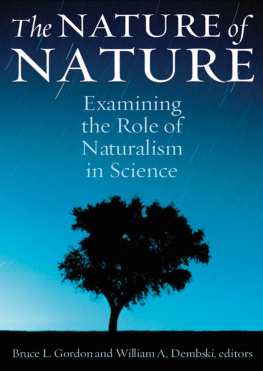
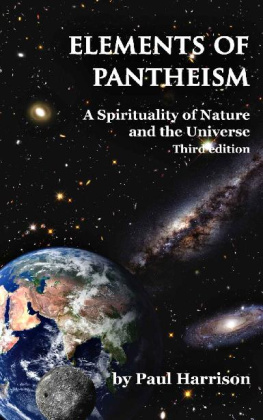
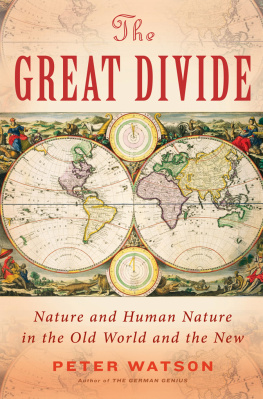
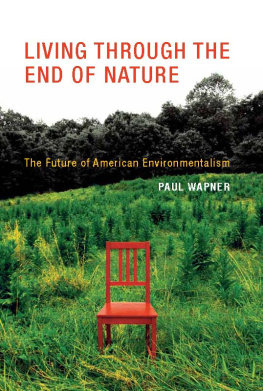

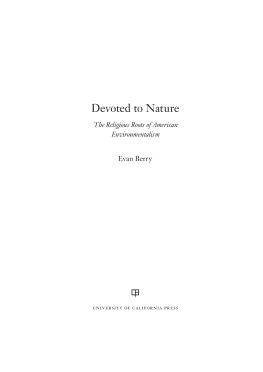
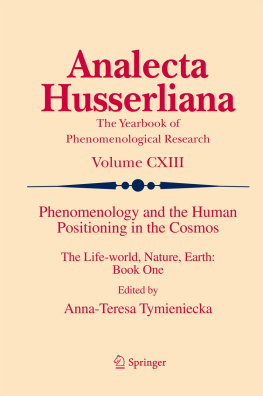
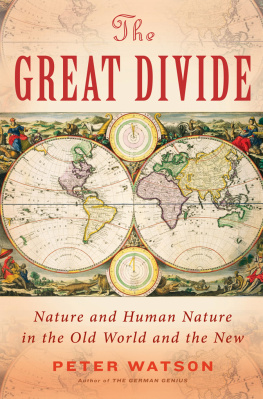

 TM The paper used in this publication meets the minimum requirements of American National Standard for Information Sciences Permanence of Paper for Printed Library Materials, ANSI/NISO Z39.48-1992.
TM The paper used in this publication meets the minimum requirements of American National Standard for Information Sciences Permanence of Paper for Printed Library Materials, ANSI/NISO Z39.48-1992.